Home>Garden Essentials>Which Birds Eat Sunflower Seeds
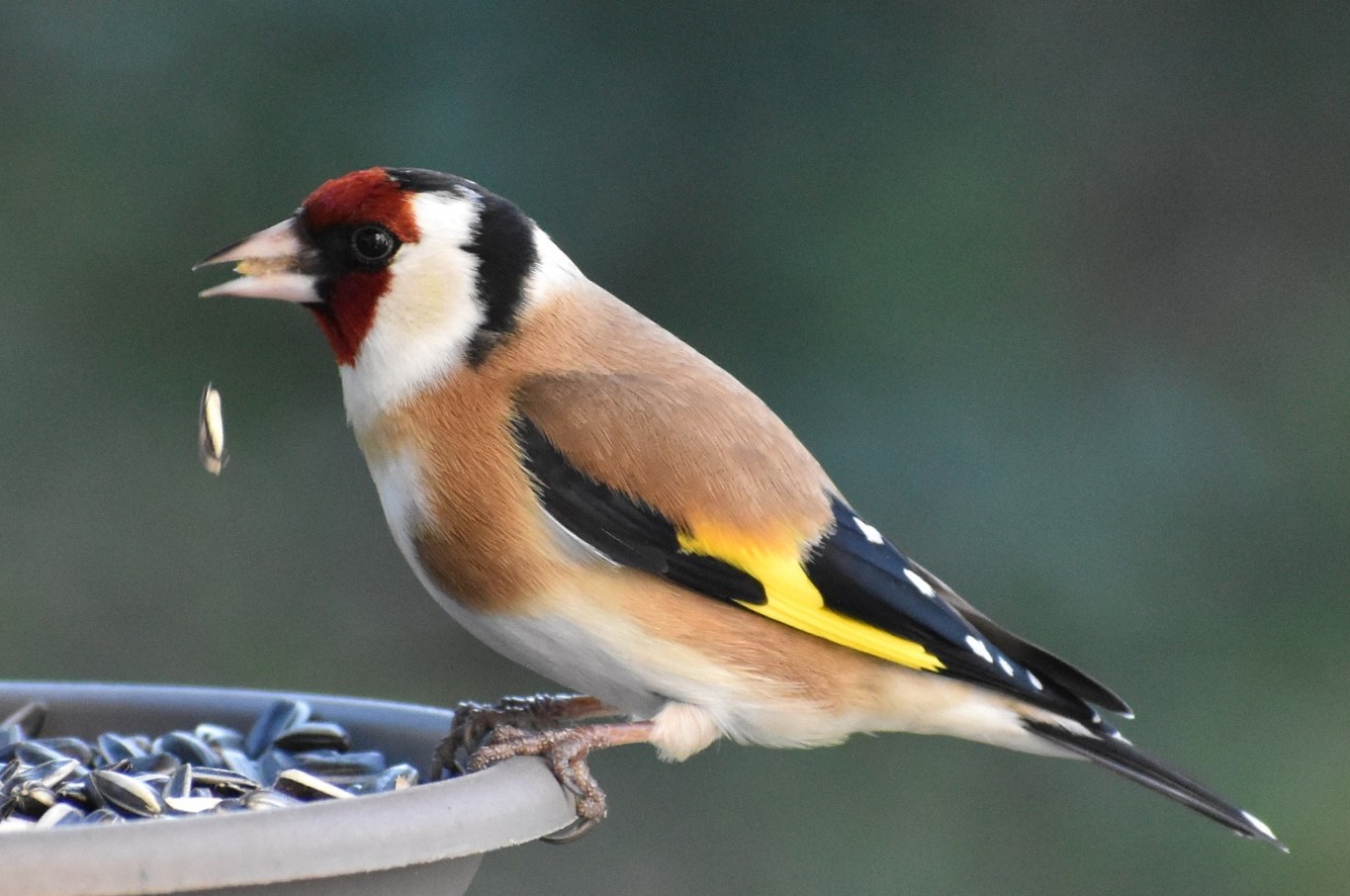

Garden Essentials
Which Birds Eat Sunflower Seeds
Modified: September 1, 2024
Discover which birds in your garden love to eat sunflower seeds and attract them with the perfect bird feeder and seed selection.
(Many of the links in this article redirect to a specific reviewed product. Your purchase of these products through affiliate links helps to generate commission for Storables.com, at no extra cost. Learn more)
Introduction
When it comes to attracting birds to your garden, providing them with a nutritious and appealing food source is key. One such food that is highly sought after by a variety of bird species is the sunflower seed. Sunflower seeds are not only loved by humans as a healthy snack, but they are also a favorite among many feathered visitors. In this article, we will explore the importance of sunflower seeds for birds, discuss common bird species that enjoy feasting on these seeds, and provide tips on how to effectively feed sunflower seeds to birds in your own backyard.
Sunflower seeds are packed with essential nutrients and energy, making them an excellent source of sustenance for birds. They are particularly high in protein, healthy fats, and vitamins, making them an ideal food for birds during all seasons. Not only do they provide birds with the energy they need to maintain their activities, but they also help them survive during periods of cold weather or migration.
Furthermore, sunflower seeds are easily accessible and highly versatile for birds. Whether they are perched on a feeder or foraging on the ground, birds can efficiently crack open the shells and consume the inner kernels. This accessibility and adaptability make sunflower seeds a popular choice among a wide range of bird species.
So, which bird species are especially fond of sunflower seeds? You may be surprised to learn that the list is quite extensive. Many birds, including finches, sparrows, cardinals, chickadees, nuthatches, and even woodpeckers, are known to eagerly seek out and consume sunflower seeds. These seeds provide birds with the necessary nutrition to support their growth, breeding, and overall well-being.
Now that we know the importance of sunflower seeds for birds and the variety of bird species that enjoy them, let’s move on to discussing how to effectively feed these seeds to birds in your own yard. By following a few simple tips and techniques, you can create a bird-friendly environment that will attract a diverse range of feathered visitors.
Key Takeaways:
- Sunflower seeds are a nutritious and versatile food source for birds, attracting a wide variety of species to your garden. By offering sunflower seeds in clean and safe feeders, you can create a bird-friendly environment and enjoy the sights and sounds of feathered visitors.
- In addition to sunflower seeds, offering a diverse range of foods such as suet, fruits, nectar, and peanuts can attract a greater variety of bird species to your yard. Providing clean water sources and observing the birds’ behaviors will enrich your bird-watching experience and support the well-being of our avian friends.
Read more: Which Birds Eat Safflower Seeds
Importance of Sunflower Seeds for Birds
Sunflower seeds play a crucial role in the diet of many bird species, providing them with a convenient and nutrient-rich food source. These seeds are highly valued by birds for several reasons.
1. High Nutritional Value: Sunflower seeds are packed with essential nutrients that are vital for the health and development of birds. They are rich in protein, healthy fats, and various vitamins and minerals. This makes them an excellent source of energy, helping birds maintain their activities, reproduction, and overall well-being.
2. Versatility: Sunflower seeds can be easily consumed by a wide range of bird species, thanks to their relatively small size and thin shells. Many birds, such as finches, sparrows, and chickadees, have specially adapted beaks to crack open the shells and access the delicious kernels inside.
3. Availability: Sunflower seeds are widely available and are often found in bird feeders, making it easy for birds to locate and access them. They are also commonly found in bird seed mixes, attracting a variety of birds to feeders and garden areas.
4. Attractiveness: Sunflower seeds are highly palatable to birds due to their natural flavor and texture. Birds are naturally drawn to the taste and aroma of these seeds, making them an attractive offering for bird feeders and attracting a diverse range of bird species to your yard.
5. Winter Survival: Sunflower seeds are a valuable food source for birds, especially during the winter months when their natural food supply may be scarce. The high fat content of sunflower seeds helps birds maintain their body temperature and energy levels in cold weather. Providing sunflower seeds in feeders can be a lifeline for birds during these harsh conditions.
6. Bird Health: Sunflower seeds contain important nutrients like vitamin E, which acts as an antioxidant and helps boost the immune system of birds. Additionally, the healthy fats found in sunflower seeds contribute to maintaining the birds’ plumage, providing essential oils for feather condition and waterproofing.
In summary, sunflower seeds are highly beneficial for birds due to their high nutritional value, versatility, availability, attractiveness, and their role in supporting bird health and survival. By incorporating sunflower seeds into your bird feeding routine, you can attract a wide variety of bird species to your yard and contribute to the well-being of these feathered visitors.
Common Bird Species that Eat Sunflower Seeds
Sunflower seeds are a favorite among many bird species and can attract a diverse range of feathered visitors to your garden. Here are some of the common bird species that enjoy feasting on these nutritious seeds:
- 1. Cardinals: These vibrant and charismatic birds are known for their love of sunflower seeds. With their bright red plumage, cardinals are a welcome sight at any bird feeder. They have powerful beaks that can easily crack open the shells of sunflower seeds, allowing them to access the tasty kernels inside.
- 2. Finches: Finches, including American Goldfinches, House Finches, and Purple Finches, are frequent visitors to sunflower seed feeders. These small, colorful birds have slender beaks that are perfectly suited for extracting sunflower seeds from their shells. Finches are social birds and often feed in flocks, creating a lively and energetic atmosphere in your garden.
- 3. Chickadees: Chickadees are energetic and curious birds that have a fondness for sunflower seeds. These small birds are often seen clinging to feeders, pecking at sunflower seeds with their tiny beaks. Chickadees are known for their distinctive call and can bring a cheerful ambiance to your yard.
- 4. Sparrows: House Sparrows and White-throated Sparrows are common backyard birds that readily consume sunflower seeds. These adaptable birds have a diverse diet and will happily feast on sunflower seeds found in feeders or scattered on the ground. Sparrows are social birds and often feed in large groups, creating a lively gathering in your garden.
- 5. Nuthatches: Nuthatches are charming birds known for their unique habit of climbing down trees headfirst. They have strong bills that they use to crack open sunflower seeds. These agile birds can often be spotted clinging to feeders or tree trunks, extracting sunflower seeds with ease.
- 6. Woodpeckers: While woodpeckers are more commonly associated with foraging for insects in trees, they are also attracted to sunflower seeds. These birds, such as Downy Woodpeckers and Hairy Woodpeckers, have powerful beaks that allow them to crack open sunflower seeds. Offering sunflower seeds in feeders can draw woodpeckers to your yard and provide a unique and exciting bird-watching experience.
These are just a few examples of the many bird species that enjoy sunflower seeds. Remember, different species of birds may have different feeding preferences, so it’s always a good idea to provide a variety of seed types and feeders to cater to their individual needs.
Attract birds that eat sunflower seeds by offering a variety of feeder types, such as tube, hopper, or platform feeders. Different birds prefer different feeder styles.
Feeding Sunflower Seeds to Birds
Feeding sunflower seeds to birds is a wonderful way to attract a variety of species to your yard and provide them with a nutritious food source. Here are some tips to effectively feed sunflower seeds to birds:
- 1. Choose the Right Feeder: Select a bird feeder specifically designed for holding sunflower seeds. There are different types available, including hopper feeders, tube feeders, and platform feeders. Consider the size and feeding preferences of the birds in your area when choosing the feeder.
- 2. Provide a Variety of Seeds: While sunflower seeds are a popular choice, it’s beneficial to offer other types of seeds as well. Mix different seed varieties, such as black oil sunflower seeds, striped sunflower seeds, or hulled sunflower chips. This will attract a wider range of bird species with varying feeding preferences.
- 3. Offer Different Feeder Styles: Birds have different feeding behaviors, so having a variety of feeder styles can accommodate their needs. Some birds prefer perching on a feeder, while others might prefer clinging to a mesh feeder. Providing different options will help attract a diverse group of birds to your yard.
- 4. Regularly Clean the Feeders: It’s important to keep the bird feeders clean to prevent the spread of diseases. Clean the feeders regularly with warm water and mild soap, removing any leftover seeds or droppings. Rinse thoroughly and let the feeders dry completely before refilling them with fresh sunflower seeds.
- 5. Place Feeders in Safe Locations: Position the bird feeders in safe and accessible locations. Choose areas that are easily visible and provide suitable perching spots for birds. Ensure the feeders are not too exposed to predators, such as cats or squirrels.
- 6. Offer Water Sources: Along with providing sunflower seeds, offer a consistent water source nearby. Birds need water for drinking and bathing. A birdbath or shallow dish of water with stones for perching can attract and support a variety of bird species in your garden.
- 7. Monitor and Refill Feeders: Regularly monitor the bird feeders to ensure they are adequately filled. Birds rely on a consistent food source, especially during times when natural food may be scarce. Refill the feeders as needed to keep the birds coming back to your yard.
- 8. Observe and Enjoy: Take the time to observe the birds that visit your feeders. Enjoy their beauty, behavior, and unique characteristics. Keep a field guide or bird identification app on hand to help identify different species that frequent your yard.
By following these tips, you can create a bird-friendly environment in your garden and provide birds with a steady supply of nutritious sunflower seeds. Enjoy the sights and sounds of various bird species as they flock to your feeders.
Other Foods to Attract Birds to Your Yard
While sunflower seeds are a popular choice for attracting birds, there are several other foods you can offer to enhance the diversity of bird species visiting your yard. By providing a variety of food options, you can cater to the specific dietary preferences of different bird species. Here are some additional foods to attract birds to your yard:
- 1. Suet: Suet is a high-energy food made from animal fat. It is particularly appealing to insect-eating birds, such as woodpeckers, nuthatches, and chickadees. You can offer suet in special suet feeders or in small blocks hanging from trees or feeders.
- 2. Fruit: Many bird species are attracted to fruits, either fresh or dried. Offer slices of oranges, apples, or berries on platform feeders or hang them from trees. Fruits are particularly popular among orioles, tanagers, thrushes, and waxwings.
- 3. Nectar: To attract hummingbirds and orioles, provide a nectar solution in specially designed feeders. Mix four parts water with one part white granulated sugar and fill the feeder. Avoid using red food coloring or honey, as they can be harmful to birds.
- 4. Nyjer (Thistle) Seed: Nyjer seed is a small, oil-rich seed that is especially loved by finches, including goldfinches, siskins, and redpolls. Offer nyjer seed in a feeder specifically designed with small openings to prevent wastage.
- 5. Insects and Mealworms: If you want to attract insect-eating birds like bluebirds, warblers, and wrens, consider offering live or freeze-dried mealworms. These protein-packed treats are readily consumed by insectivorous birds.
- 6. Safflower Seed: Safflower seeds are an alternative to sunflower seeds that are less favored by squirrels and grackles. They are enjoyed by cardinals, chickadees, and doves. Offer safflower seeds in tube feeders or hopper feeders.
- 7. Peanuts: Peanuts in the shell or as shelled nuts can be enjoyed by jays, woodpeckers, and titmice. Place them in platform feeders or mesh feeders designed for nuts.
- 8. Kitchen Scraps: Some birds, such as sparrows, jays, and thrushes, will gladly indulge in kitchen scraps like bread crumbs, cooked rice, or leftover fruits. Offer these scraps in moderation and avoid salty or sugary items.
Remember to provide a clean water source for drinking and bathing, as this will attract and benefit a wide range of bird species. Regularly clean and refill feeders to keep the food fresh and appealing.
By offering a variety of foods, you can create a diverse and welcoming habitat for birds in your yard. Each food type will attract specific bird species, allowing you to enjoy a greater variety of feathered visitors and enriching your bird-watching experience.
Read more: What Animals Eat Sunflower Seeds
Conclusion
Feeding birds in your garden is a rewarding and enjoyable activity that allows you to connect with nature and support the well-being of our feathered friends. Sunflower seeds are an excellent choice for attracting birds due to their high nutritional value and widespread appeal. By providing sunflower seeds in feeders, you can attract a variety of bird species, from vibrant cardinals and finches to energetic chickadees and woodpeckers.
However, it’s important to remember that sunflower seeds are just one of many food options you can offer to attract birds. Consider diversifying your feeding stations with other foods like suet, fruits, nectar, nyjer seed, and even kitchen scraps. Each type of food will cater to the unique dietary preferences of different bird species, creating a rich and diverse avian community in your yard.
Additionally, maintaining clean and well-stocked feeders, positioning them in safe locations, and providing a water source all contribute to creating a bird-friendly environment. Regularly observing and enjoying the birds that visit your feeders can provide hours of entertainment and a deeper appreciation for the natural world around you.
Whether you’re a seasoned bird enthusiast or just starting to explore the joys of bird-watching, feeding sunflower seeds and other foods to birds is a wonderful way to make a positive impact on their lives. By creating a welcoming haven for birds in your yard, you can contribute to their well-being, support their nutritional needs, and foster a deeper connection with the fascinating world of avian creatures.
So, go ahead and set up your bird feeders, fill them with sunflower seeds, and embark on a delightful journey of attracting and observing the beautiful birds that will grace your garden with their presence.
Frequently Asked Questions about Which Birds Eat Sunflower Seeds
Was this page helpful?
At Storables.com, we guarantee accurate and reliable information. Our content, validated by Expert Board Contributors, is crafted following stringent Editorial Policies. We're committed to providing you with well-researched, expert-backed insights for all your informational needs.
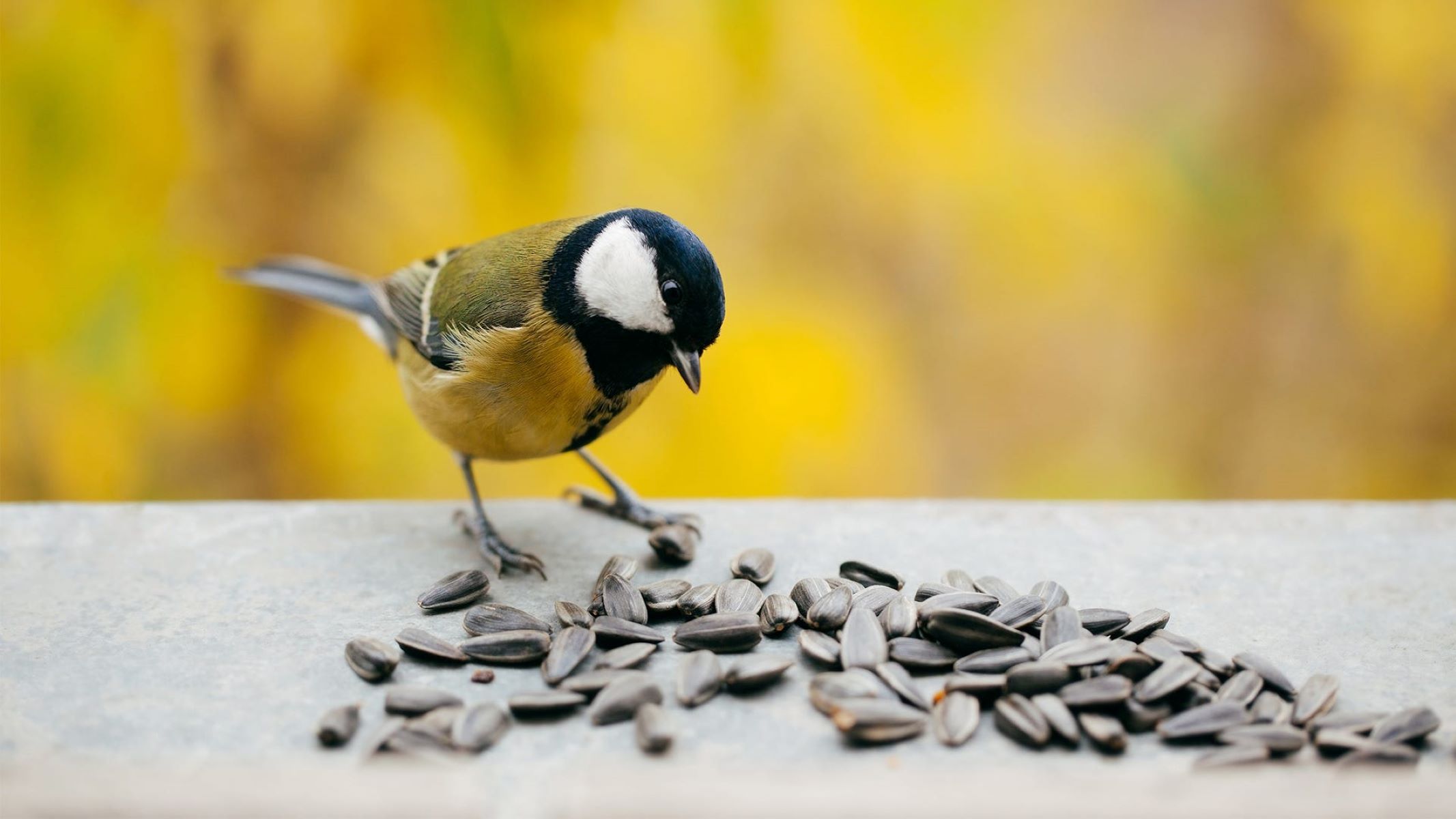
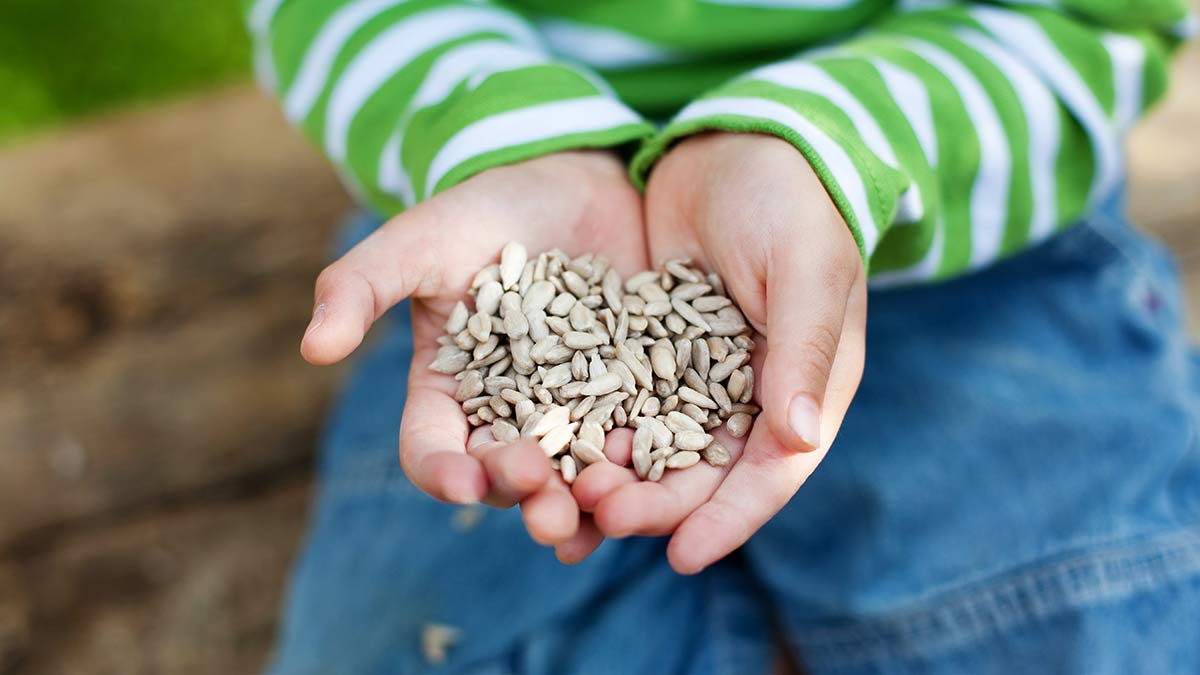
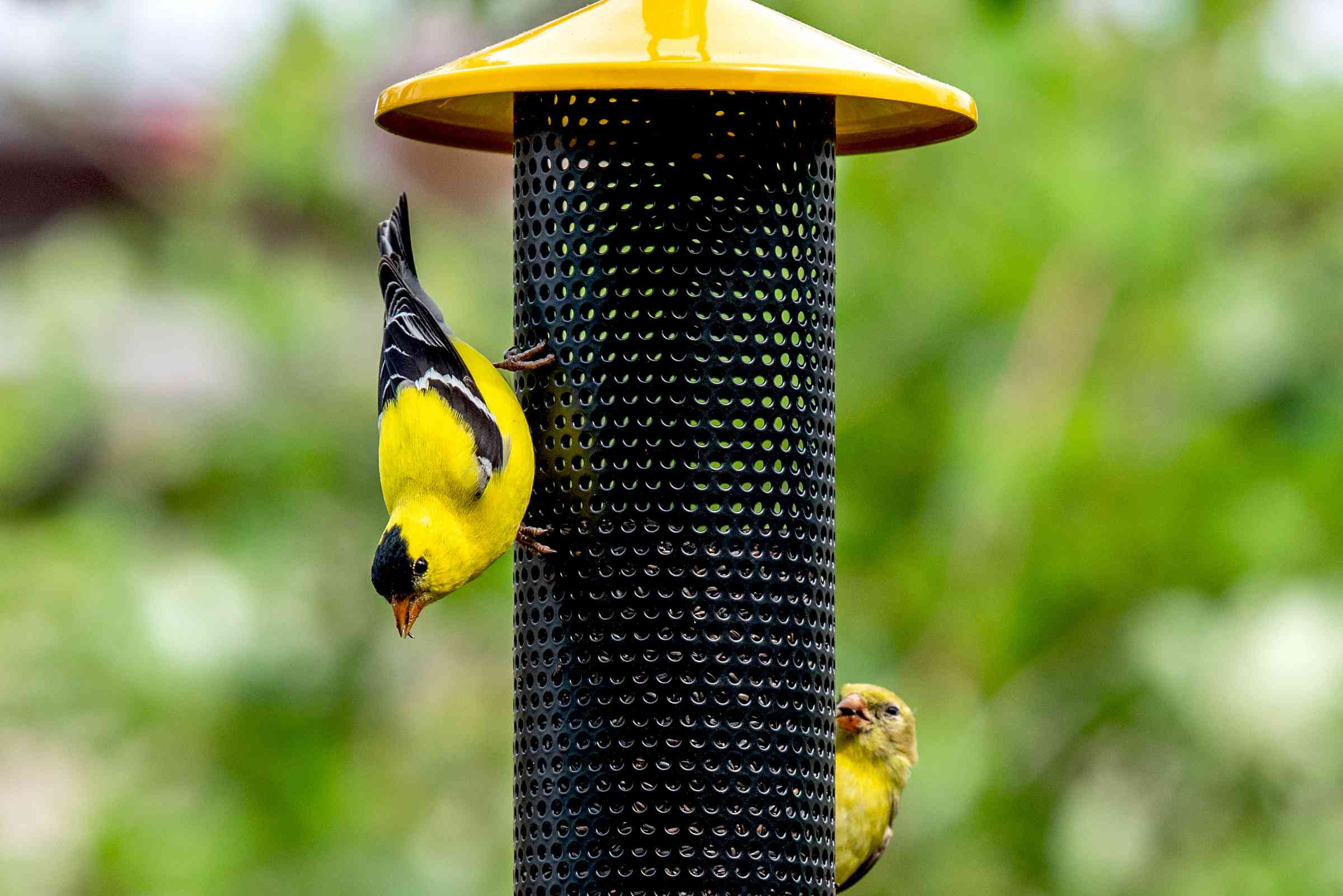
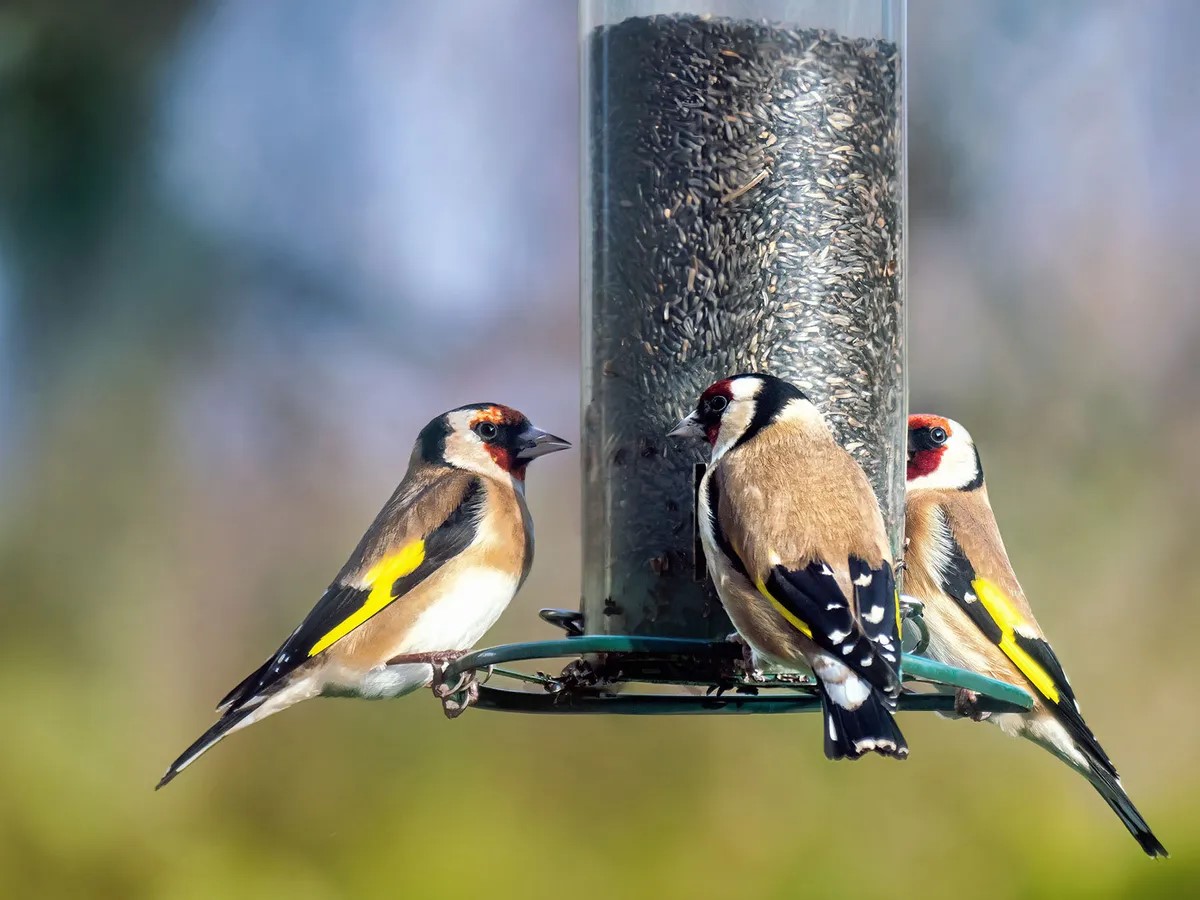
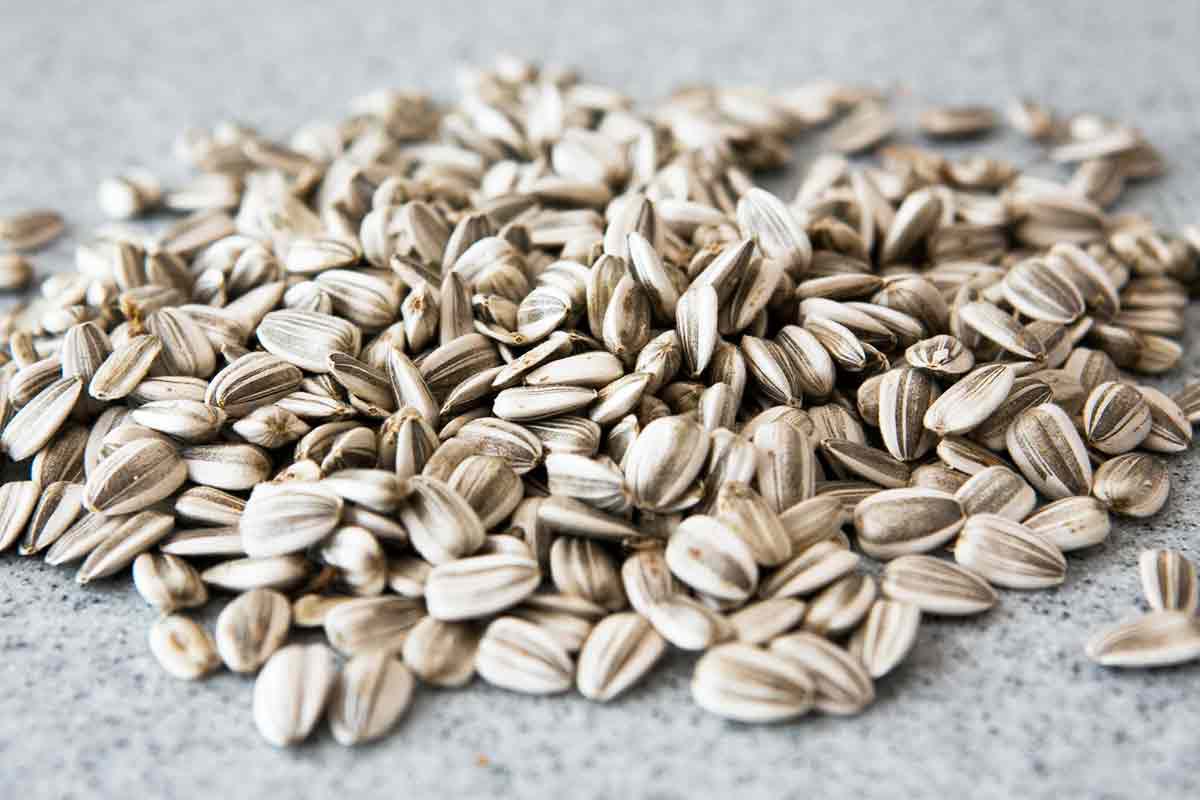
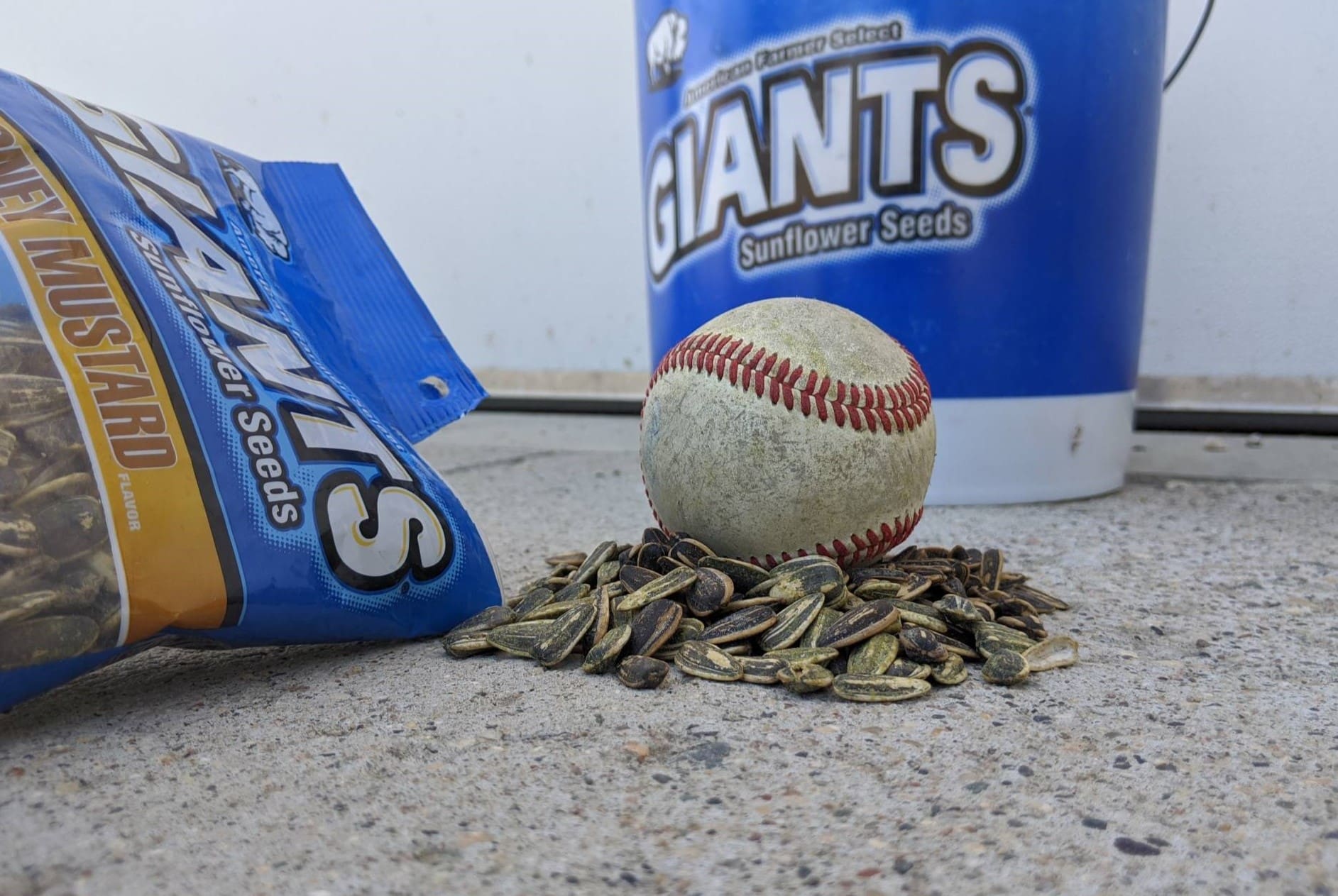
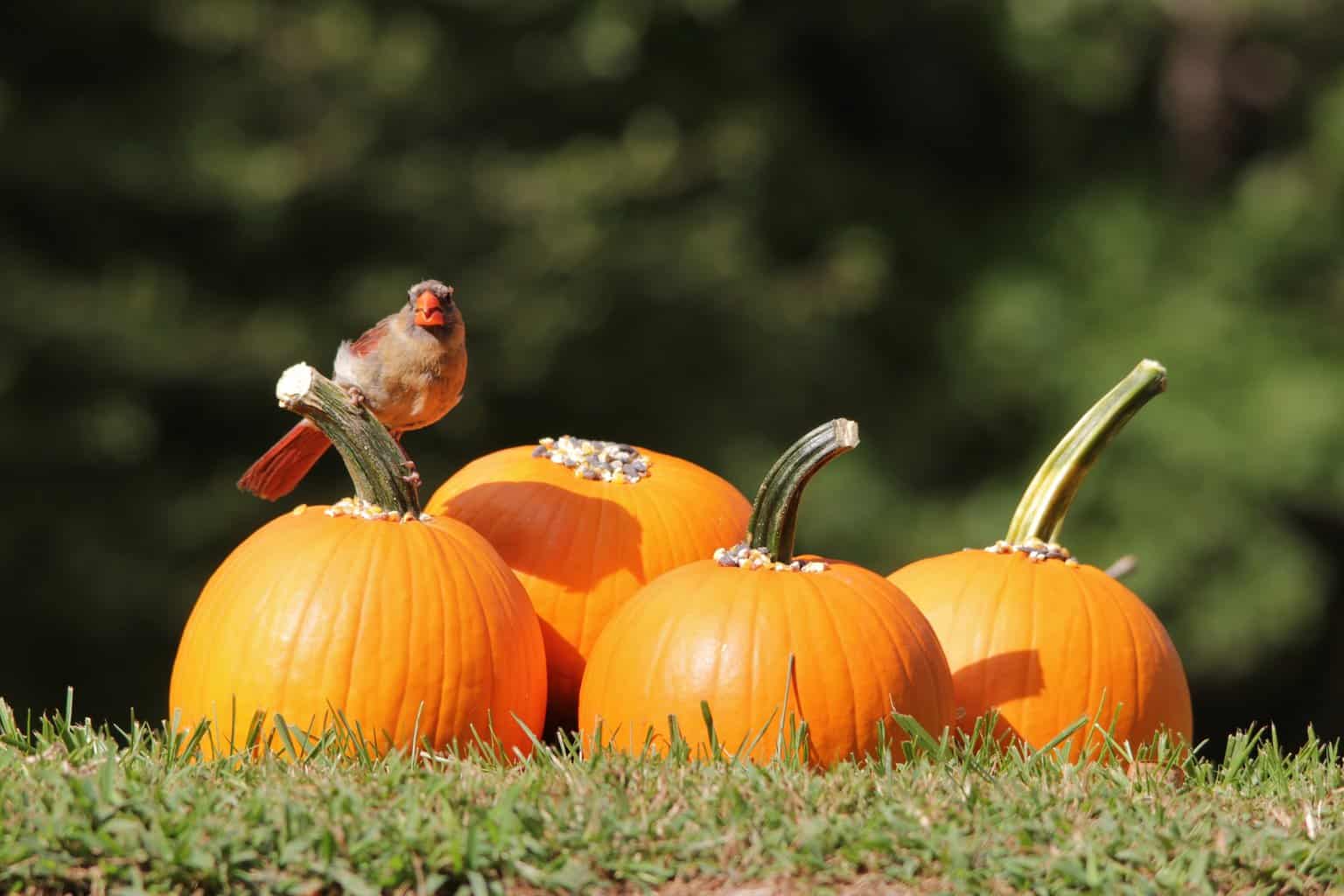
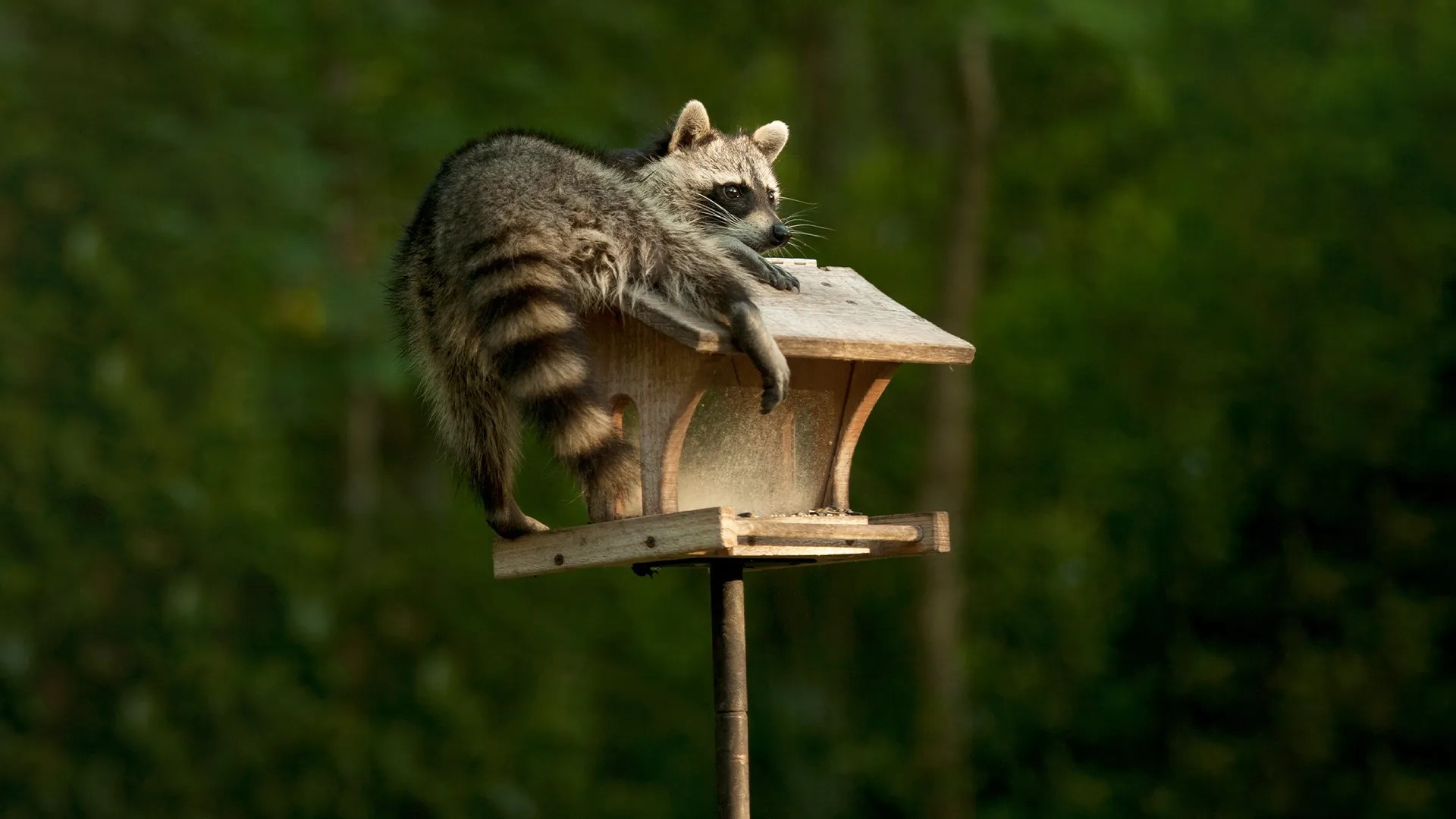
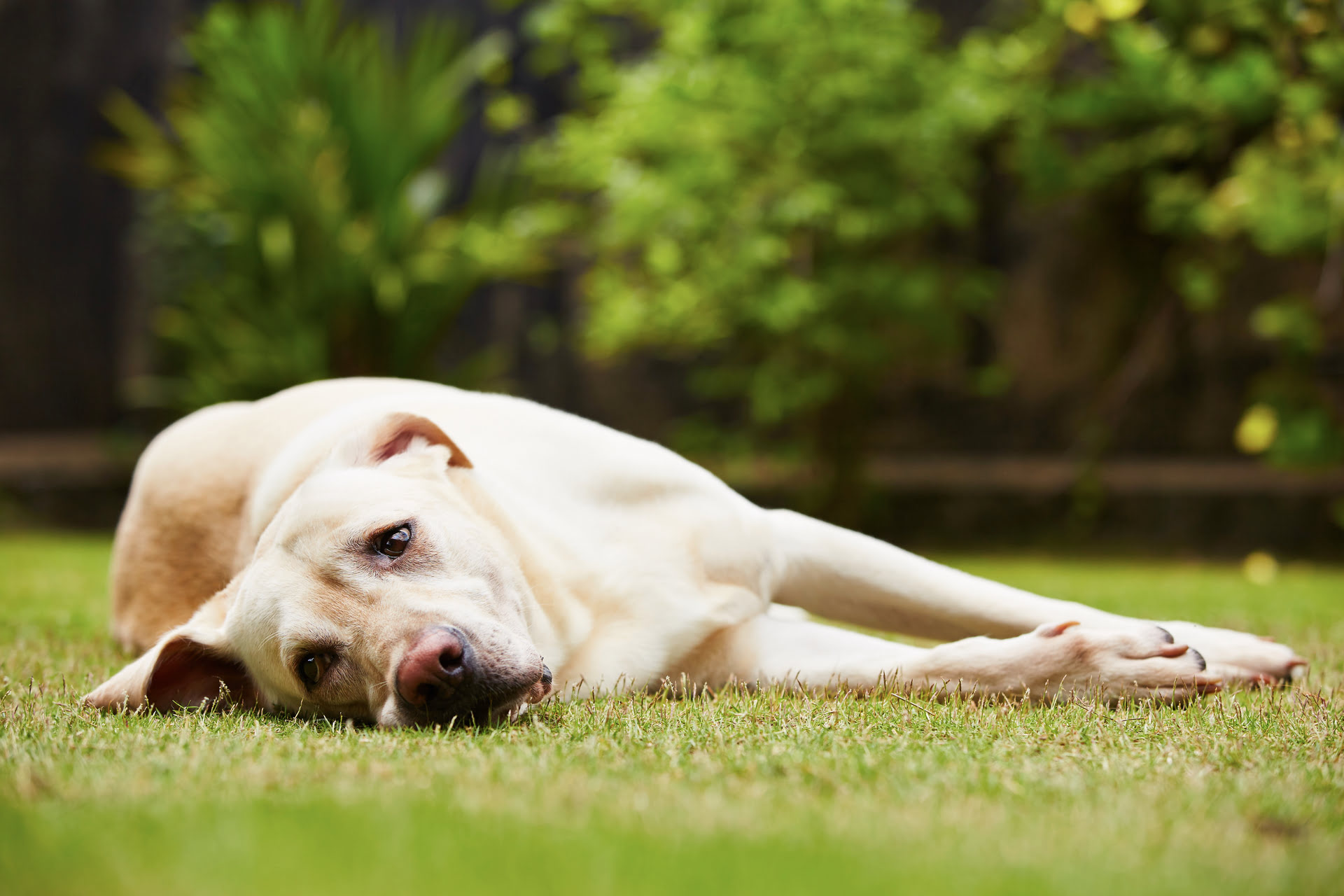
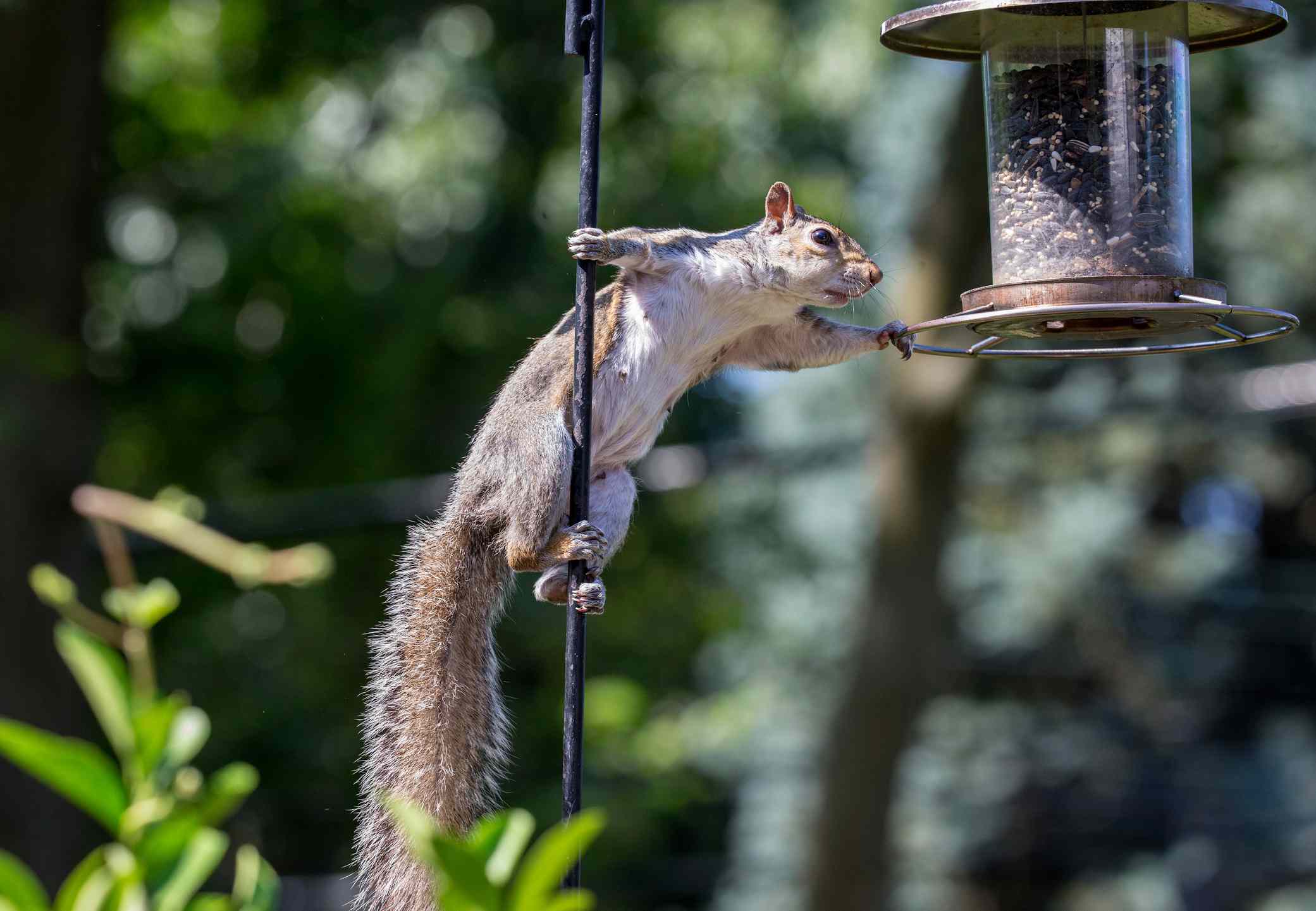
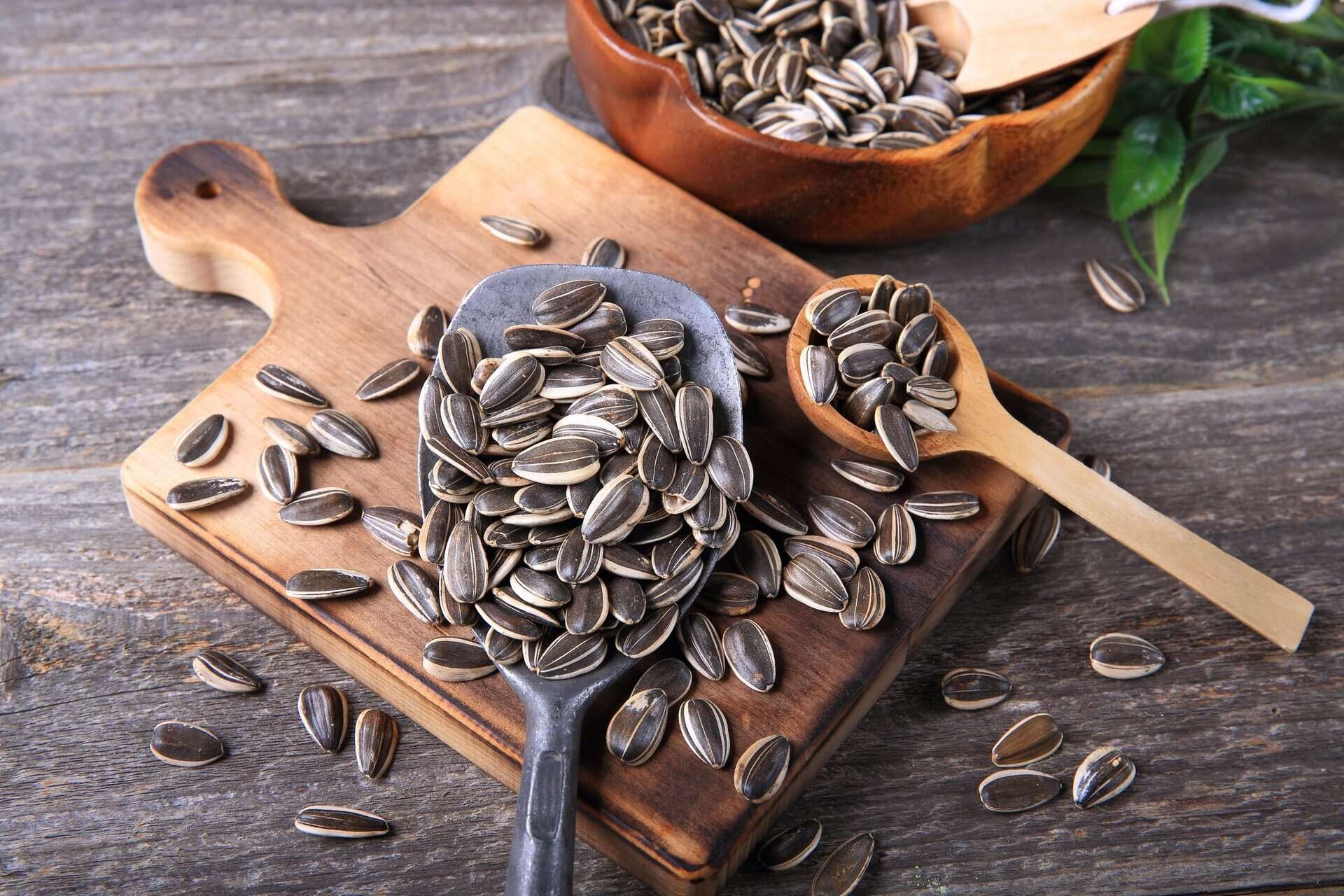
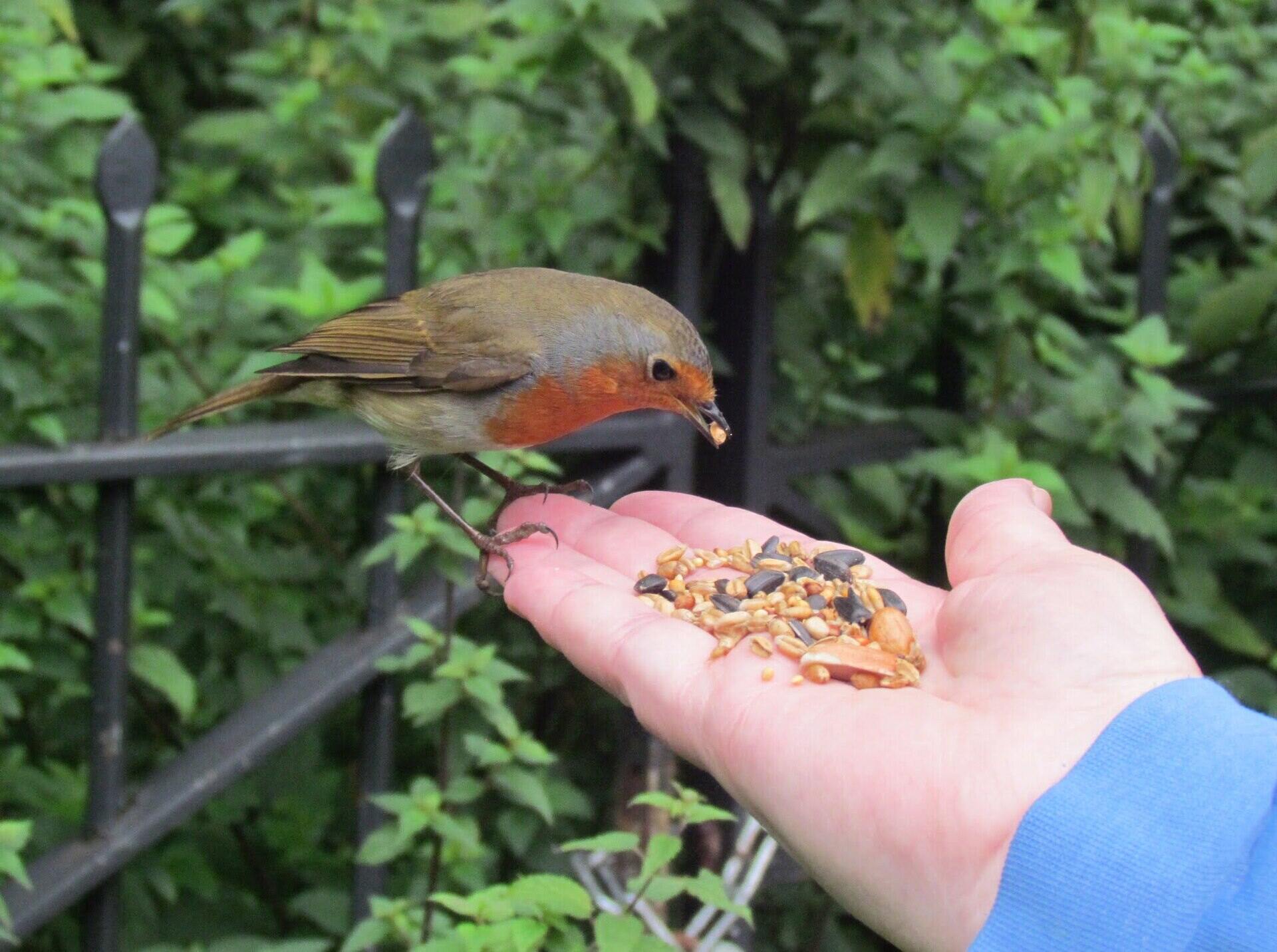
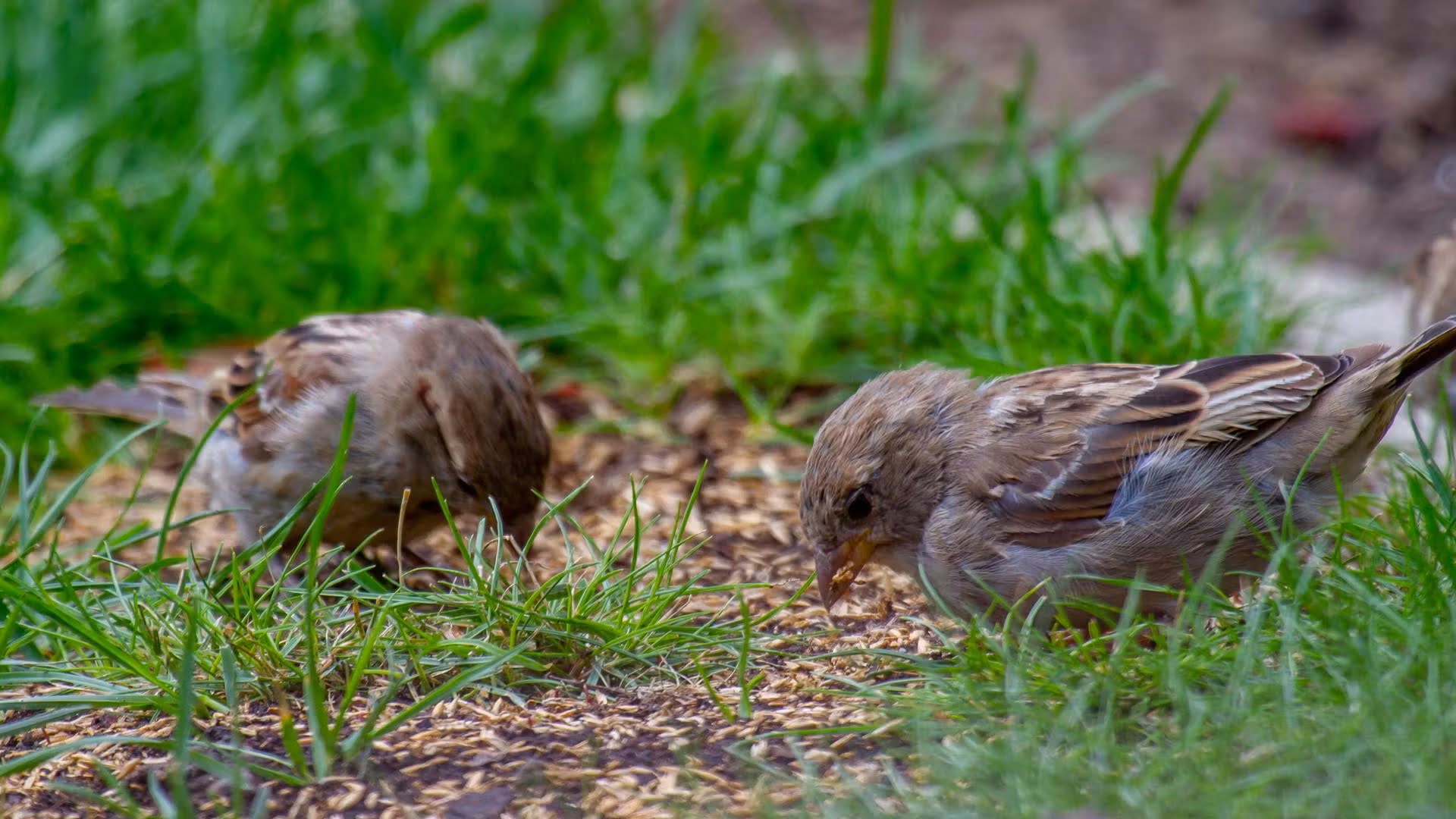
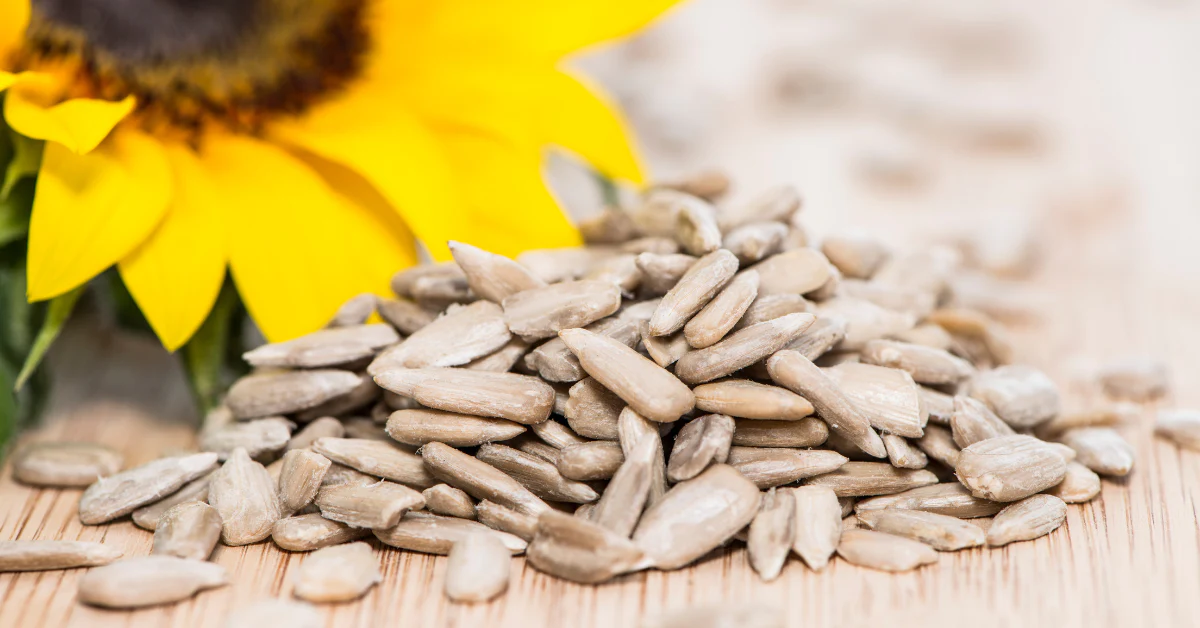

0 thoughts on “Which Birds Eat Sunflower Seeds”